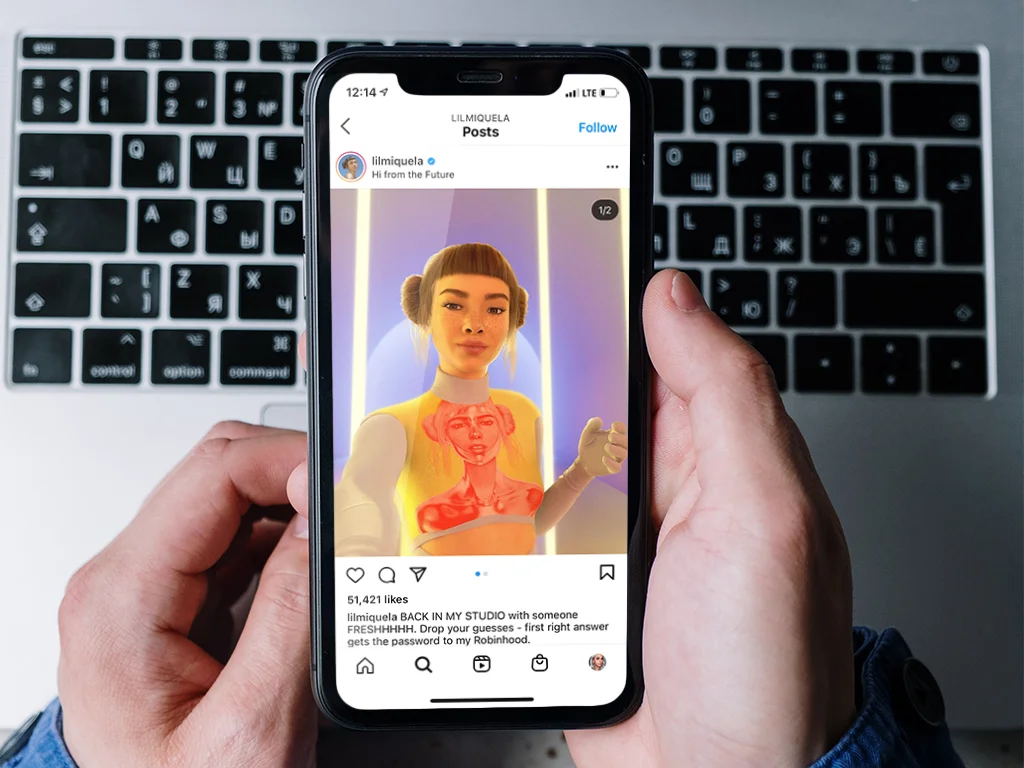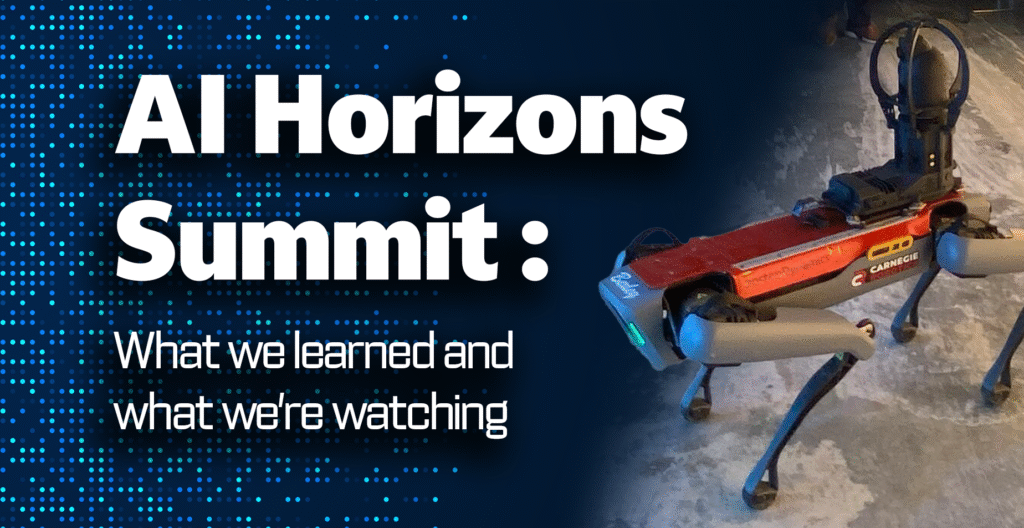Digital Associate Sharky Thomas foresees more content sharing, worldwide chatter and… computer-generated celebrities.

In the beginning, there was MySpace. The early social media platform allowed users to customize their personal page, connect with friends or family and display their top eight friends for the world to see.
Since then, social media has become a gargantuan industry—adapting to the world’s changes and changing the world itself.
We’ve seen new platforms emerge, content evolve and platforms expand from our desktop computer screens to our hand-held devices. So, what does the future of social media look like?
Positives and Negatives
Social Media has advanced from early ideas such as Myspace into what we see today, powerhouses like Facebook and Twitter, as well as platforms less often regarded as social media, such as YouTube, Pinterest, Reddit, TripAdvisor and more.
We now have countless platforms that connect us with friends and family, help us network with like-minded people and bring awareness to movements. It’s a place that helps us create positive habits, book holidays, develop a brand presence and review restaurants, products and experiences.
Sadly, the evolution of social media has additionally brought on harmful implications. We’ve seen first-hand how social media can be used to negatively influence elections, incite violence and, most recently, ‘cancel’ people and ideas.

CGI influencers
With traditional marketers no longer limited to traditional media, the social media marketing industry was born. In the past few years, there’s been an increase in big brands using social media influencers as a direct line to their very specific following.
It’s become clear that influencer marketing is here to stay – even when those personalities don’t exist in real life. CGI Influencers are computer-generated fictional beings that companies create to match the needs and desires of consumers they’re aiming to reach. In the coming years, we’ll see a growing trend in companies using CGI influencers, which could be confusing and problematic.
Content Evolution
It takes 0.25 seconds for users to decide if they want to engage with social media content, so it’s important to cultivate content that followers engage with immediately. We’ve seen a shift in content output where more traditional text-heavy platforms such as Twitter and LinkedIn introduce videos. And until now, we’ve been limited to outside material, pictures, video and text. Moving forward, social media platforms will explore new content-sharing media. In the same way we’ve seen live streaming and stories introduced to Instagram and Facebook, we’ll see new trends, such as posting and sharing voice recordings.
New Networks for a Changing World
COVID-19 stopped the world in many ways, forcing people into isolation. But because human beings are social animals, the pandemic gave social media platforms a push to progress faster than they otherwise would have. COVID-19 brought us new social networks like Houseparty, a face-to-face social network, and more recently Clubhouse a new type of social network based on voice, where people worldwide talk, listen and learn from each other in real time. The constantly changing climate of the world will continue to bring us new social media networks based on our needs in an effort to keep us connected.
Social Media Connecting to Smart Devices
The evolution of social media coincides with the evolution of technology. When smartphones were introduced, social media changed, and new platforms emerged since we were able to access them on the go. With the world moving toward smart devices, we’ll see smart cars connected to social media, giving us alerts when we drive past locations we’ve shown interest in. We’ll see social media ads alerting us to foods no longer in our fridges. We’ll hear Alexa telling us what food or music our dinner guests prefer.
Conclusion
Social media has affected us positively and negatively over the past 16 years. It’s fundamentally changed the way we live our lives. What happens next will certainly be shaped by advances in technology and social changes in the world we live in. It’s hard to predict everything, but as long as social media platform creators keep their users’ well-being in mind, the future of social media is certainly exciting.
Sharky Thomas is a Digital Associate in Ceisler Media’s Philadelphia office.



